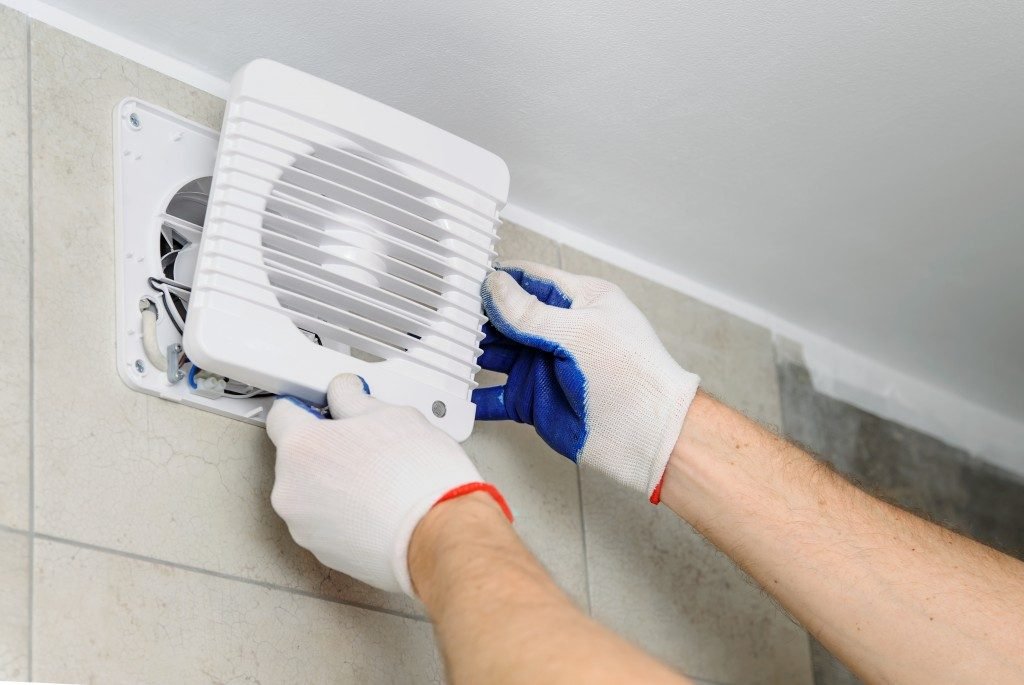In the digital era where it seems like everyone is rushing to get their hands on the newest devices and upgrades, it’s refreshing – and a little unusual – to think that many of us operate rather differently when it comes to appliances.
Even though many appliances now have microchips and can be integrated into smart homes, a lot of people aren’t in a hurry to get the latest model. As the saying goes, “if it ain’t broke, don’t fix it.” But that adage tends to fall apart when we play a little too loosely with the definition of broke. Ignoring leaks and corrosion for weeks, months, or even years can create a snowball of damages and repair costs in the long term.
Have you gone over the state of these appliances lately? You may be ignoring potential sources of water damage in your home.
Air conditioner
A leaky air conditioner can create problems ranging from a simple puddle or extensive roof or floor damage. Some leaks can simply be due to dirty filters, others require a replacement or upgrade of condensate pumps, for example.
We tend to keep the bulk of the AC and vents out of sight and leave it operating for long periods during summer months, so any issues can get out of hand if unattended. Regular maintenance and cleaning will help extend its lifespan and catch trouble early. Keep in mind that water damage to wood such as ceilings and floors may result in uneven drying and loss of structural stability over time. If the affected area is significant, consider calling in expert help.
Refrigerator
Your refrigerator is periodically draining water as part of its cooling mechanism. If leaks occur, they are often a sign of blockage at the drain hose or ice clogging. Setting a schedule for defrosting, and immediately checking the drain hose as soon as you notice signs of puddling or leakage, should prevent any serious damage to your floor.
Often, fixing any leaks is down to flushing out debris or removing excess ice, or replacing a damaged water supply line. It shouldn’t get out of hand as long as you take quick action. Still, keep in mind that freezer units tend to break down sooner than the refrigerator itself and may need replacement in as little as five years.
Dishwasher and washing machine
Due to the constant use of water and chemicals, problems such as overfilling and corrosion can occur quite often with dishwashers and washing machines. Sealants, valves, and gaskets can become damaged sooner than that. The dishwasher tub itself can be damaged by the use of the wrong detergent, while the external hose for the washing machine can also loosen and leak.
You should be able to trace any leaks to their source and replace the parts yourself. However, damaged tubs or overflowing dishwashers probably call for a replacement before floor damage and mould formation become a problem. Make sure you’re operating your machine within instruction parameters, and it should remain functional for many years.
Heater

Water heaters tend to fail by bursting their tanks – nearly three quarters do so by 12 years of age. And the signs aren’t necessarily ones that you could detect on your own. It’s important to check for leaks and flush the tank every few months. However, you should still have trained inspectors check on it once a year, and replace the heater 1-2 years before the expected end of its lifecycle.
Appliances that make heavy use of water should still require a minimum, but frequent, amount of maintenance. If left unattended, water damage can easily cost you thousands of dollars in home damages. Always check, and never leave repairs for later.

